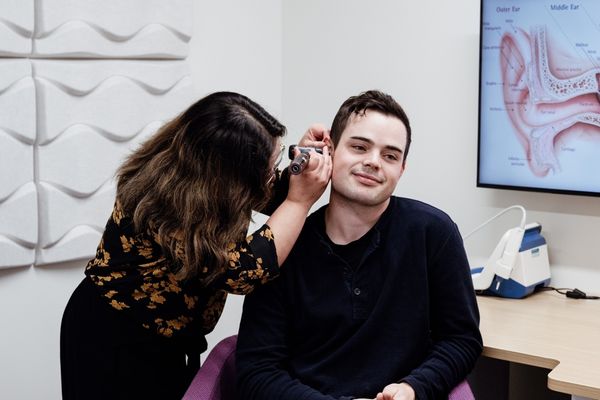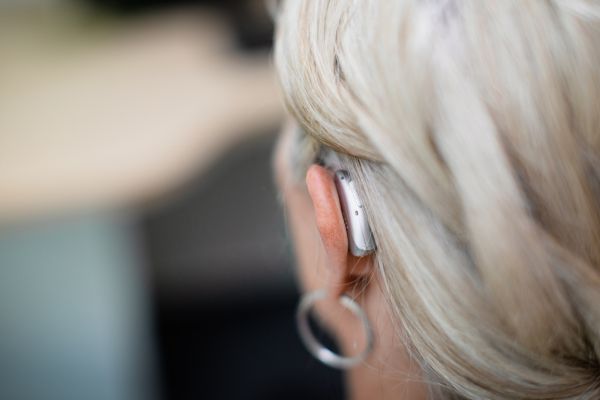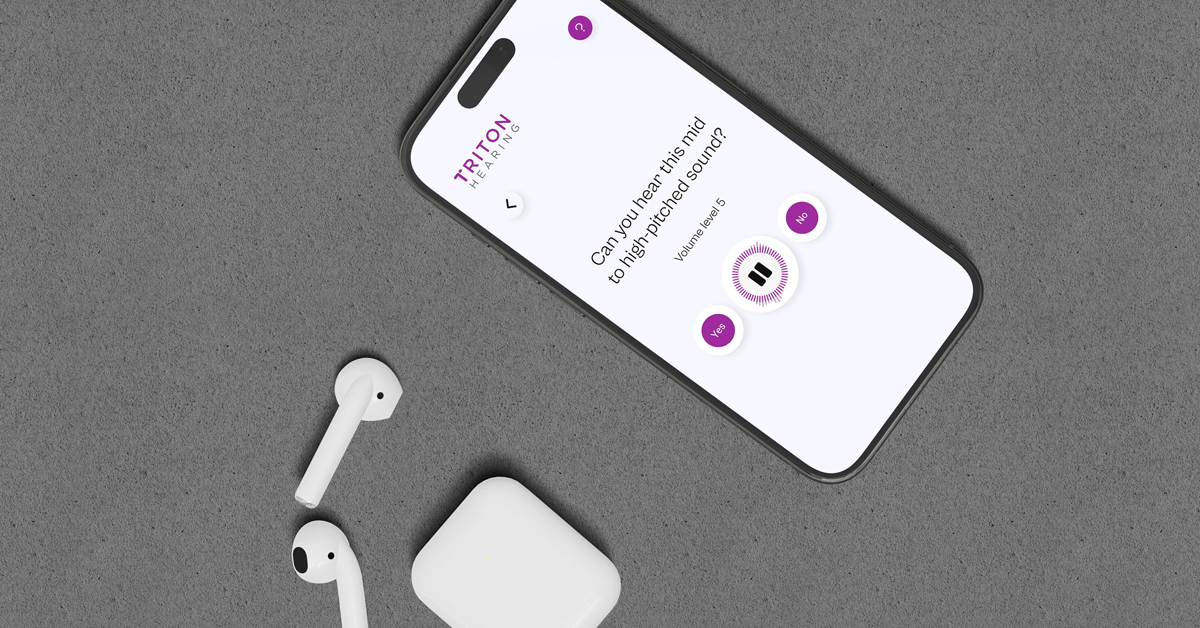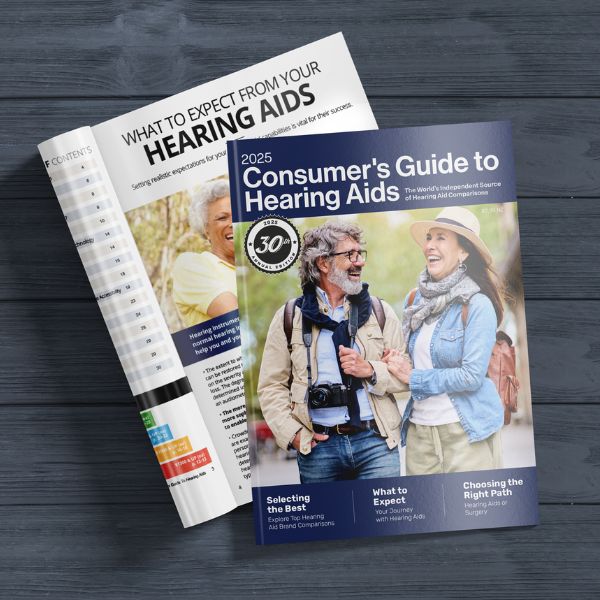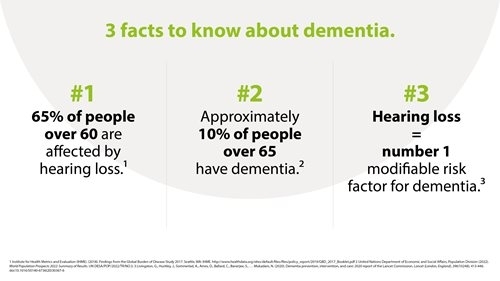References
1 Vercammen C, Ferguson M, Kramer SE, et al. Well-hearing is well-being. Hearing Review. 2020;27(3):18-22.
2 Yeo, B. S. Y., Song, H. J. J. M. D., Toh, E. M. S., Ng, L. S., Ho, C. S. H., Ho, R., Merchant, R. A., Tan, B. K. J., & Loh, W. S. (2023). Association of Hearing Aids and Cochlear Implants With Cognitive Decline and Dementia: A Systematic Review and Meta-analysis. JAMA neurology, 80(2), 134–141. https://doi.org/10.1001/jamaneurol.2022.4427
3 Lin, F. et al., (2023). Hearing intervention versus health education control to reduce cognitive decline in older adults with hearing loss in the USA (ACHIEVE): a multicentre, randomised controlled trial. The Lancet. Advanced online publication. https://doi.org/10.1016/S0140-6736(23)01406-X.
4 Kiessling, J., Pichora-Fuller, M. K., Gatehouse, S., Stephens, D., Arlinger, S., Chisolm, T., . . . von Wedel, H. (2003). Candidature for and delivery of audiological services: special needs of older people. International journal of audiology, 42Suppl 2, 2S92-101. Retrieved from http://www.ncbi.nlm.nih.gov/pubmed/12918635.
5 World Health Organization. (2021). World report on hearing. Geneva: World Health Organization. Retrieved March 8th, 2021. from https://www.who.int/publications/i/item/world-report-on-hearing.
6 Lemke, U., & Scherpiet, S. (2015). Oral communication in individuals with hearing impairment—considerations regarding attentional, cognitive and social resources.
Frontiers in Psychology, 6, 998.
7 Holman, J. A., Hornsby, B. W. Y., Bess, F. H., & Naylor, G. (2021). Can listening-related fatigue influence well-being? Examining associations between hearing loss, fatigue, activity levels and well-being. International journal of audiology, 60 (sup2), 47–59. https://doi.org/10.1080/14992027.2020.1853261
8 Winneke, A. H., Schulte, M., Vormann, M., & Latzel, M. (2020). Effect of directional microphone technology in hearing aids on neural correlates of listening and memory effort: an electroencephalographic study. Trends in Hearing, 24, 2331216520948410.
9 Holman, J. A., Drummond, A., & Naylor, G. (2021). Hearing aids reduce daily-life fatigue and increase social activity: a longitudinal study. Trends in Hearing, 25, 23312165211052786.
10 Institute for Health Metrics and Evaluation (IHME). (2018). Findings from the Global Burden of Disease Study 2017. Seattle, WA: IHME. http://www.healthdata.org/sites/default/files/files/policy_report/2019/GBD_2017_Booklet.pdf
11 United Nations Department of Economic and Social Affairs, Population Division (2022). World Population Prospects 2022: Summary of Results. UN DESA/POP/2022/TR/NO.3.
12 WHO, Dementia, in Key facts. 2021.
13 Livingston, G., Huntley, J., Sommerlad, A., Ames, D., Ballard, C., Banerjee, S., . . . Mukadam, N. (2020). Dementia prevention, intervention, and care: 2020 report of the Lancet Commission. Lancet (London, England), 396 (10248), 413-446. doi:10.1016/S0140-6736(20)30367-6
14 World Health Organization. (2023). Retrieved November 22nd, 2023. from https://www.who.int/news-room/fact-sheets/detail/dementia
15 Alzheimer’s Society. (2023). How to reduce your risk of Alzheimer's and other dementias. Retrieved November 22nd, 2023. from https://www.alzheimers.org.uk/about-dementia/risk-factors-and-prevention/how-reduce-your-risk-alzheimers-and-other-dementias#1
16 Sarant, J., et al. (2023 July 16-20). Cognitive Function in Older Adults with Hearing Loss: Outcomes for treated vs untreated groups at 3-year follow-up [Conference poster]. AAIC 2023 Conference, Amsterdam, Netherlands.


